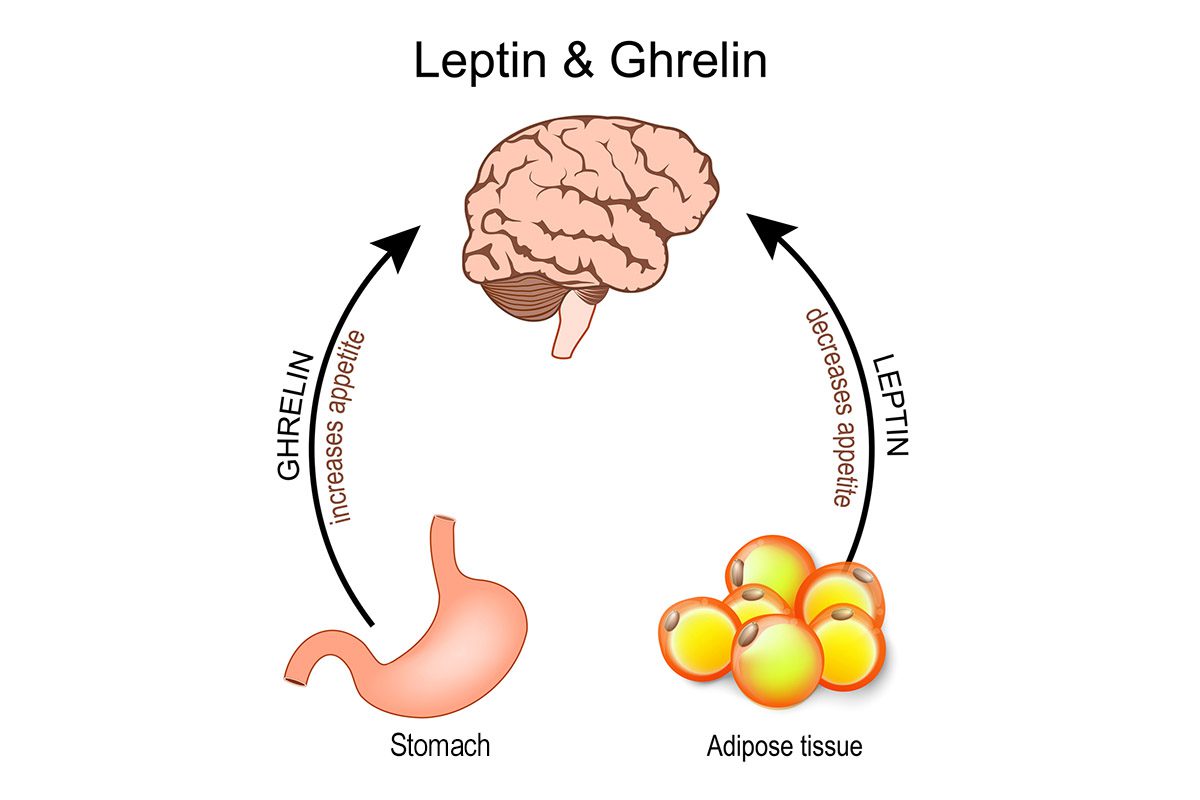Objective: Binge-eating disorder (BED) is associated with obesity. Atomoxetine is a highly selective norepinephrine reuptake inhibitor associated with weight loss. The purpose of this study was to evaluate atomoxetine in the treatment of BED.
Method: In this 10-week, single-center, randomized, double-blind, placebo-controlled, flexible dose (40-120 mg/day) trial, outpatients with DSM-IV-TR BED received atomoxetine or placebo. The primary outcome measure was binge-eating episode frequency. The primary analysis of efficacy was a longitudinal analysis of the intent-to-treat sample, with treatment-by-time interaction as the effect measure. Patients were enrolled from September 2004 through October 2005.
Results: Compared with placebo (N = 20), atomoxetine (N = 20) was associated with a significantly greater rate of reduction in binge-eating episode frequency, as well as in binge day frequency, weight, body mass index, and scores on the Clinical Global Impressions-Severity of Illness scale, Yale-Brown Obsessive Compulsive Scale Modified for Binge Eating obsession subscale, and Three Factor Eating Questionnaire hunger subscale. The mean (SD) atomoxetine daily dose at endpoint evaluation was 106 (21) mg/day. Four patients (N = 3 receiving atomoxetine, N = 1 receiving placebo) discontinued because of adverse events. The reasons for atomoxetine discontinuation were increased depressive symptoms (N = 1), constipation (N = 1), and nervousness (N = 1).
Conclusion: Atomoxetine was efficacious and fairly well tolerated in the short-term treatment of BED.
Clinical Trials Registration: ClinicalTrials.gov identifier NCT00327834′ ‹
Enjoy this premium PDF as part of your membership benefits!





